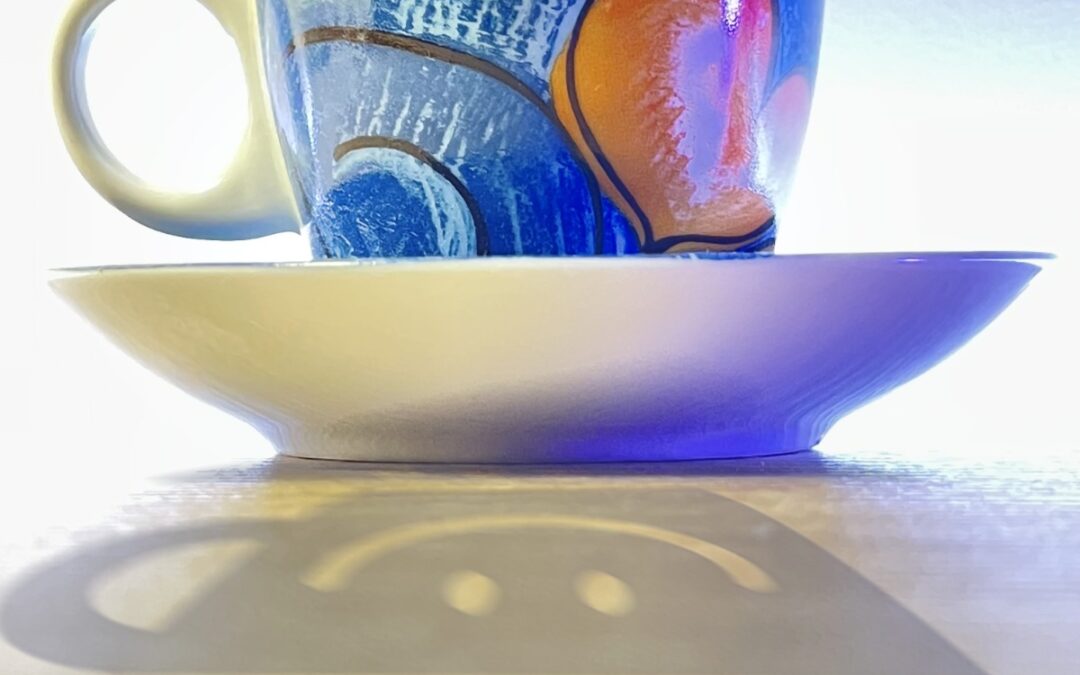
I WAS BORN ON THE DAY OF THE PIAZZA FONTANA MASSACRE
I was born on the day of the Piazza Fontana massacre, and I defy even those who are not superstitious not to see ominous signs in it.
I was born at home, on the kitchen table, like a fresh loaf of bread in the early morning.
When my mother shaked my father telling “it’s time,” he just turned on the other side and went on sleeping.
How could I blame him? I was coming to dawn as importunate as an alarm clock.
I was born in Cilavegna and I am one of the last people to be able to say this: as of January 1970 it was no longer possible to use a midwife, and it became mandatory to give birth in a hospital. Since there were no hospitals in Cilavegna, from that date on, new babies saw the light elsewhere.
I was born in Lomellina, land of fog and mosquitoes, but my father is of Venetian descent and my great-grandmother on my mother’s side was German. I am basically a mixture.
I was born into a simple family, Ihad simple things and a happy childhood.
My maternal grandmother, who looked after me from the time my mother resumed her job as a clerk, had swollen knees from all her mondina days, and, unable to move nimbly, entertained me by telling stories.
The result was that, before I began to walk, I spoke perfectly without the classic infantile mispronunciations, and I knew nursery rhymes, prayers and numbers.
Words were my first games, my first friends, my first nourishment.
Nevertheless, the kindergarten debut was quite traumatic: my shyness was relentless.
I had not yet understood the pleasure of chatting and socializing, a concept I largely recovered after the middle ages of adolescence.
But let us proceed step by step: for the nuns who conducted the kindergarten, my interaction defect was not a noteworthy aspect, quite the contrary. Rather, the problem was created by my inability to fall asleep after lunch.
Standing still in my cot, I would silently weave the bangs of the rough plaid under which I was supposed to fall asleep instead.
I did not feel that I was creating a disturbance, but that was one of my first errors of judgment: I still have clear memories of the reprimand from Sister Antonia, who among the sisters was the better and quieter one.
Thereafter rather than the bangs I took to interweaving my attempts at intentionality with my grandfather’s big heart. He would work night shifts and in the morning, exhausted, instead of going to rest. he would accommodate my requests, effectively endorsing the intent to skip kindergarten.
A tumor took him away when I was only five years old leaving me a huge void and an unfulfilled desire in return.
He used to tell me “as soon as I retire I will teach you German.”
During the war he was used as an interpreter after a German officer, striking him, heard him reply in his own language.
I thought I would learn easily, that I would listen happily as with Grandma’s stories, but instead he could tell me no more.
When elementary school time came, there was no school on Thursdays, but by then I didn’t care much.
Some people still called us remiges: lined up in rows of two, hand in hand, with our overcoats over our black aprons from which sprouted the big blue bow knotted under the white collar.
It began on the first of October when the desks were still desks, and the folders contained a checkbook and a ruled notebook, small ones, with the blotting paper for the ink of fountain pens: witnesses to a writing that no longer exists.
… TO BE CONTINUED.
Pic by Massimo

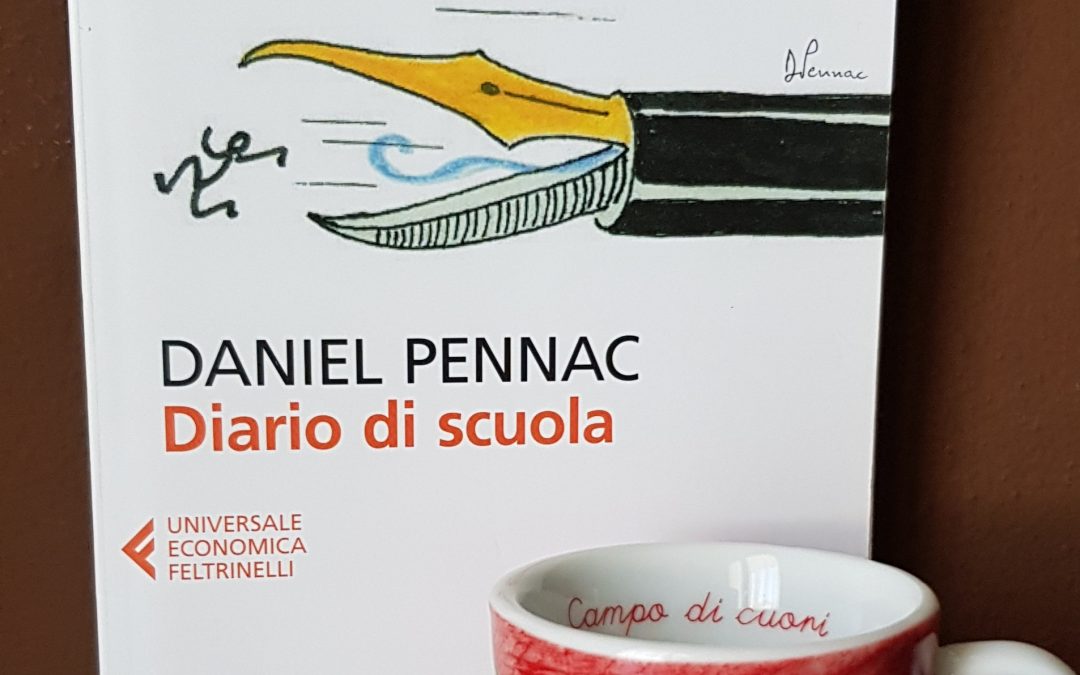
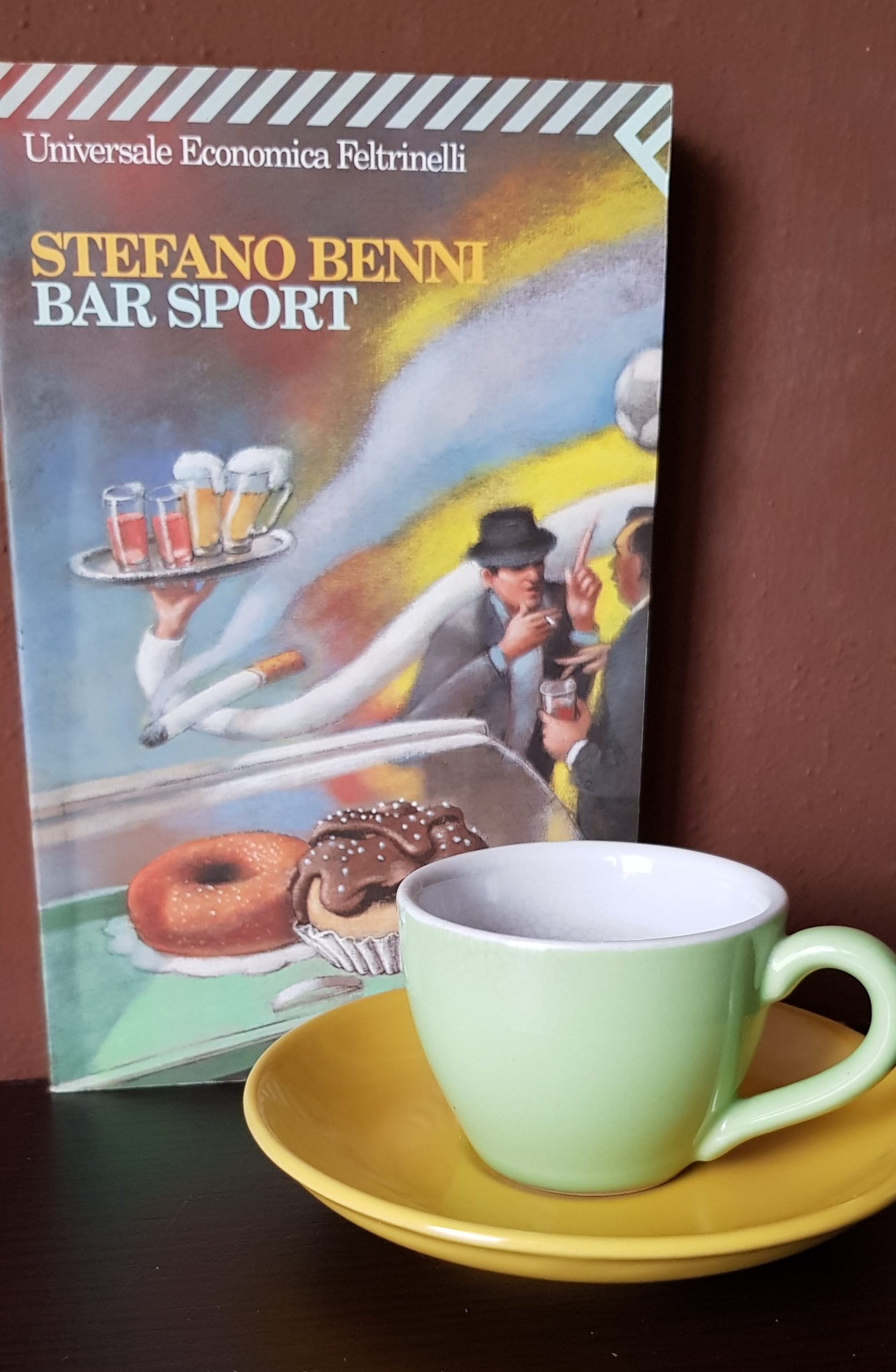
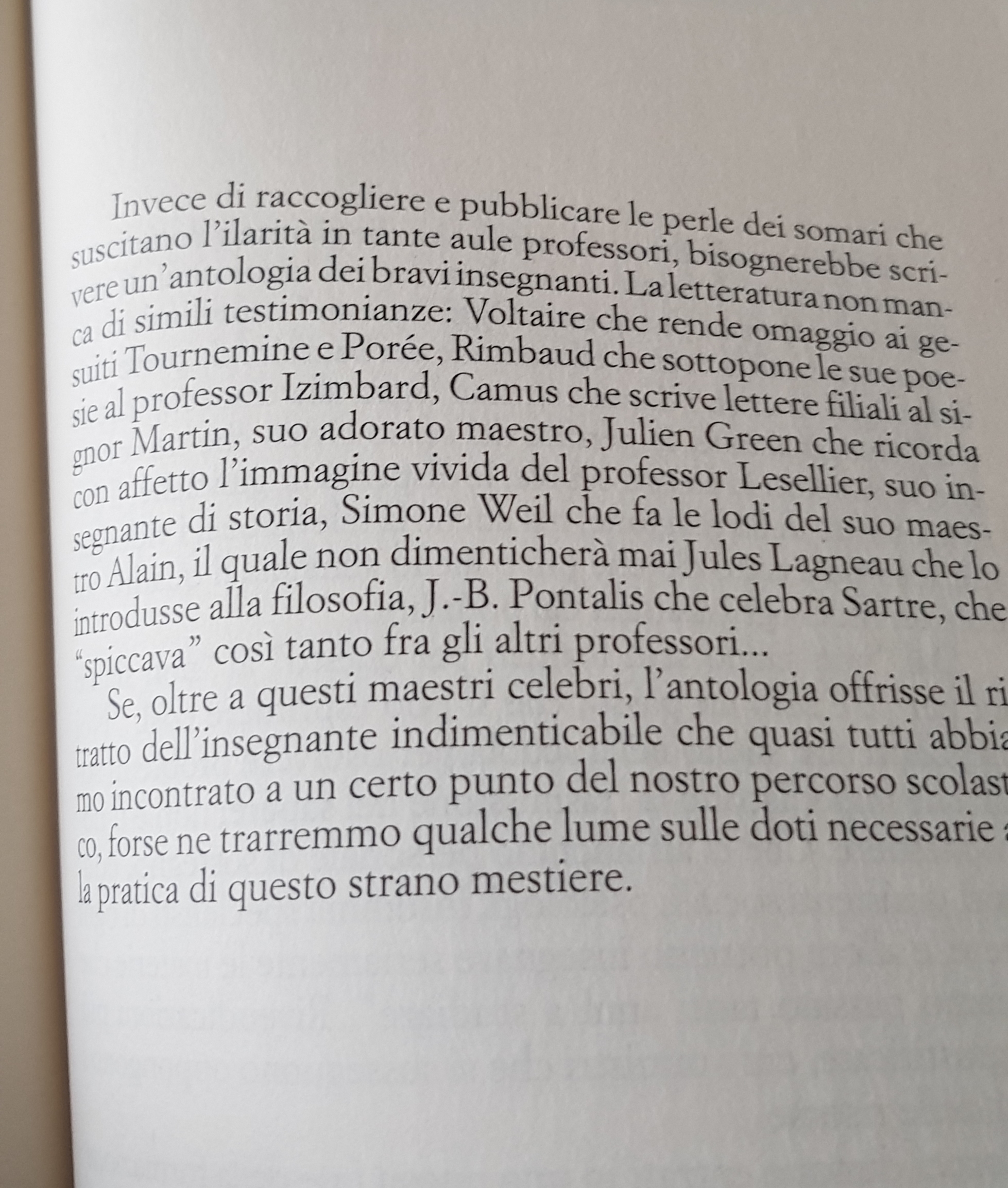
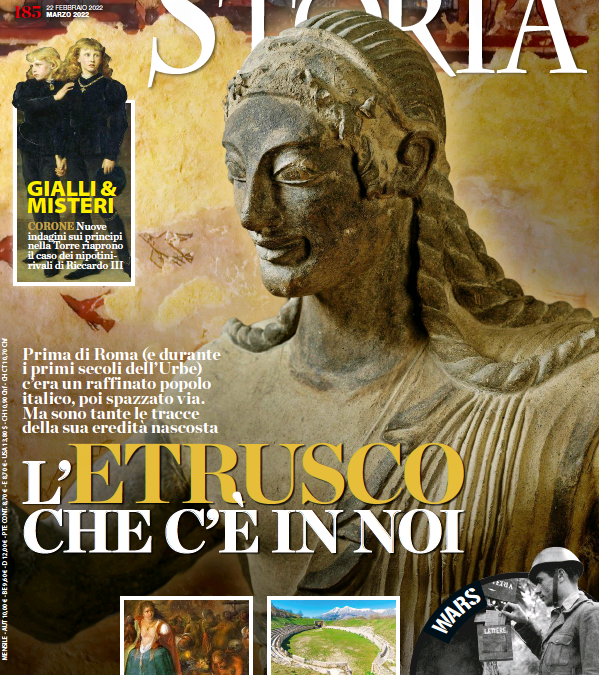
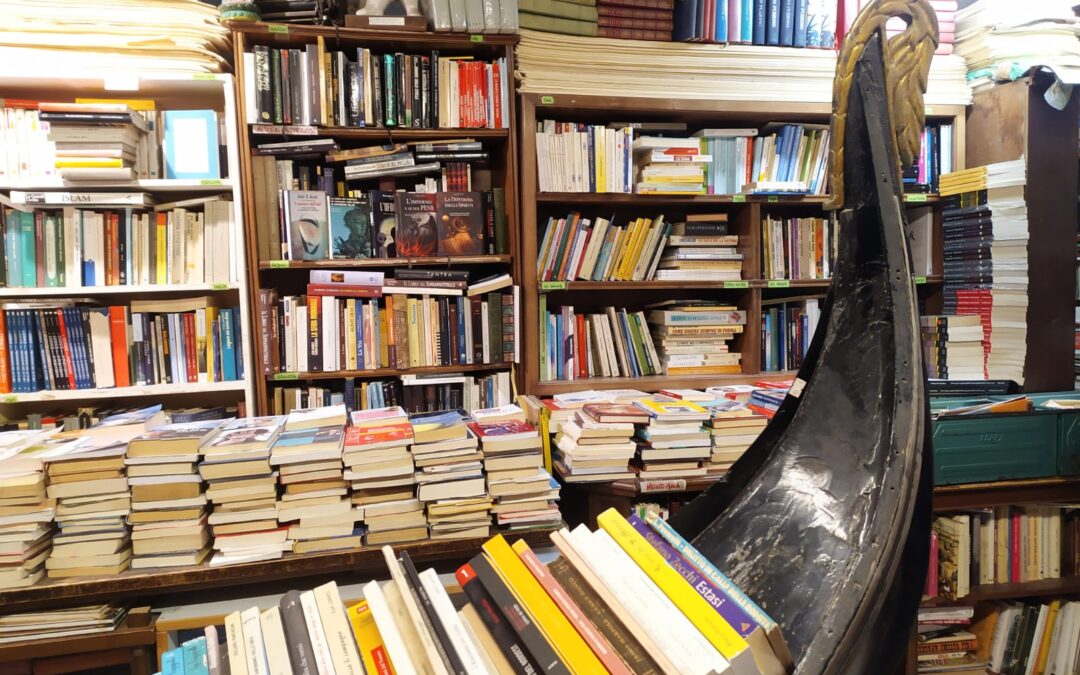
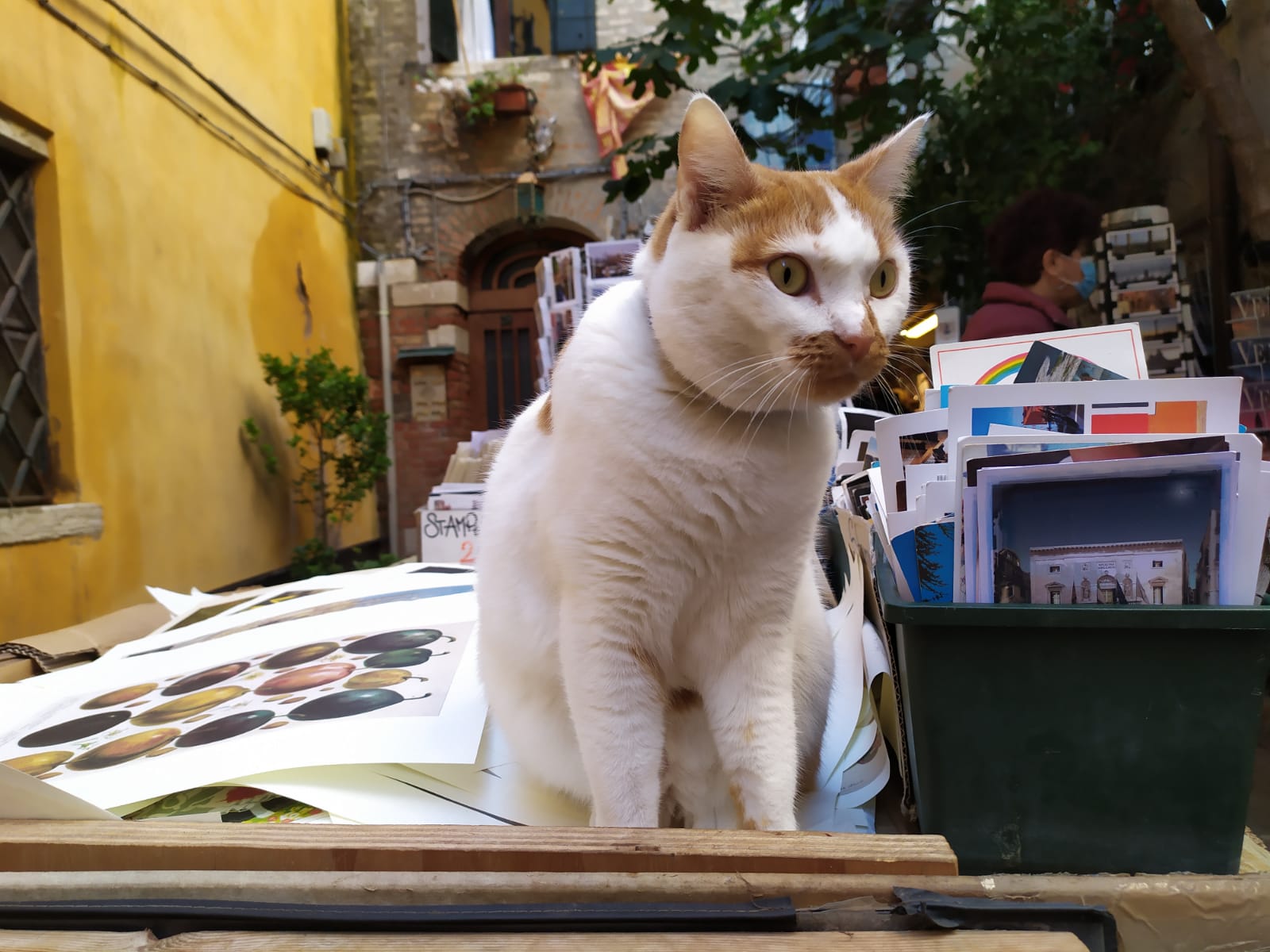
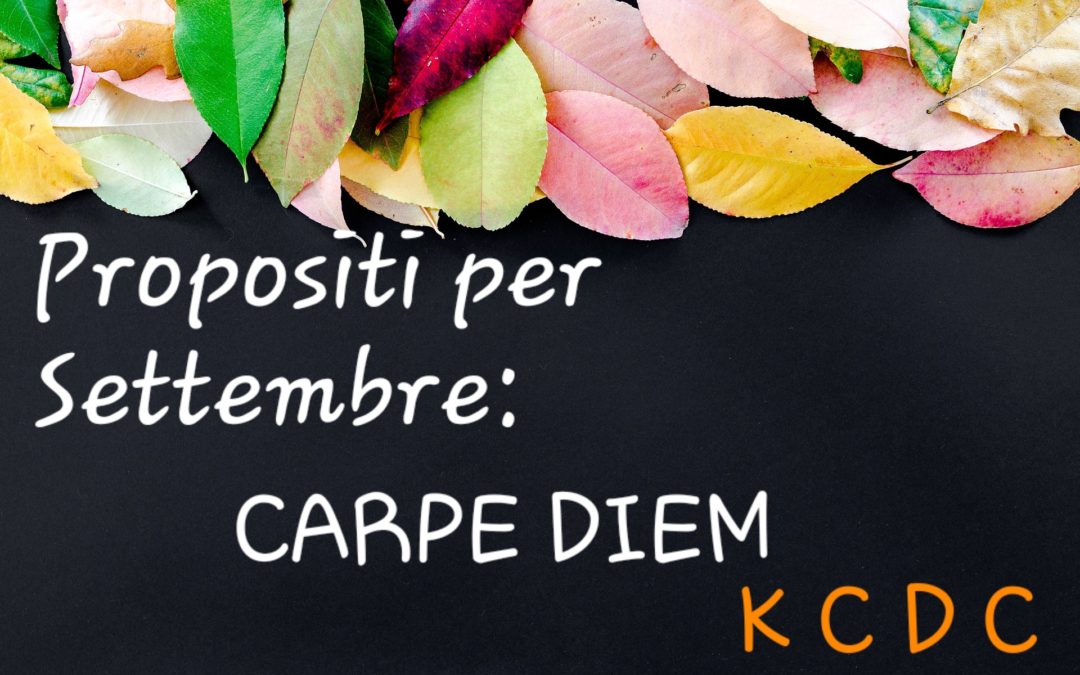

 Hi I'm Claudia and this is KCDC.
Hi I'm Claudia and this is KCDC.




OPINIONI